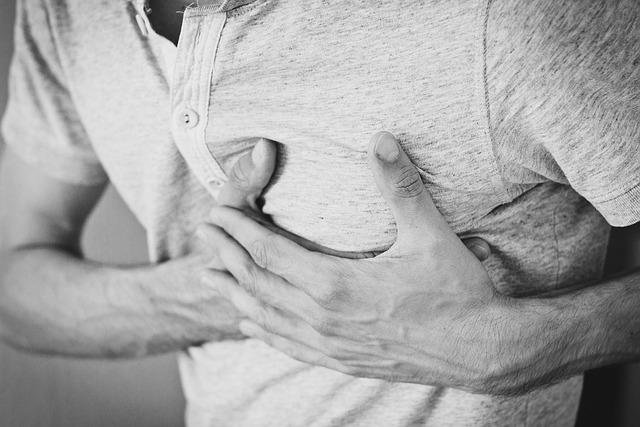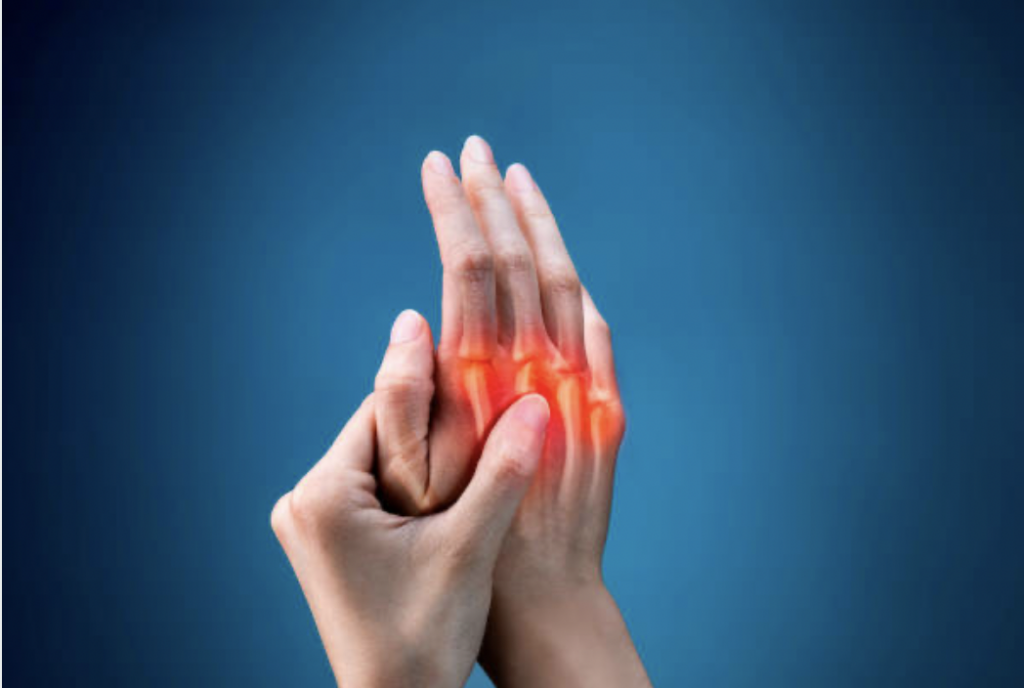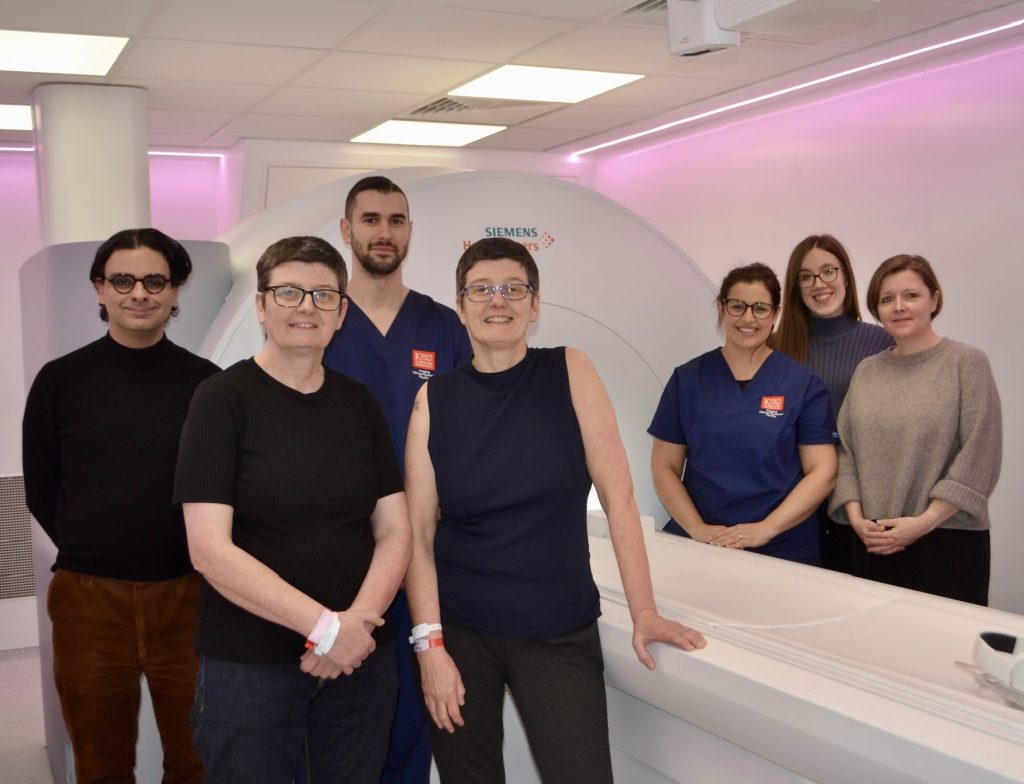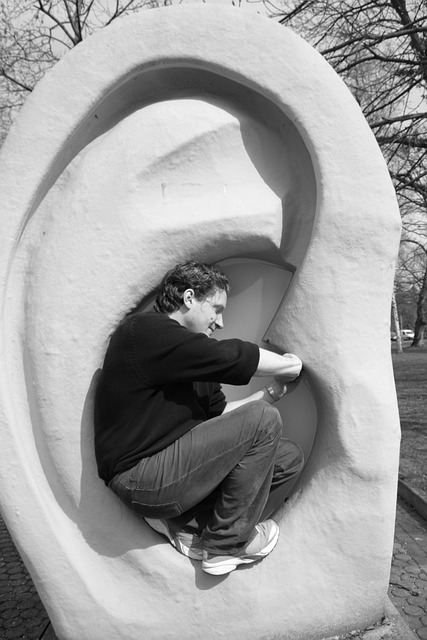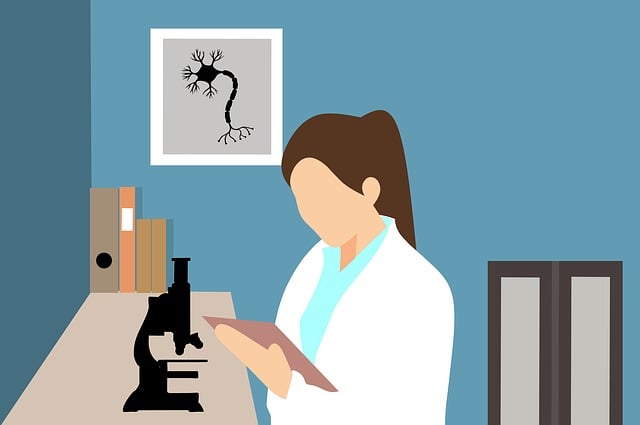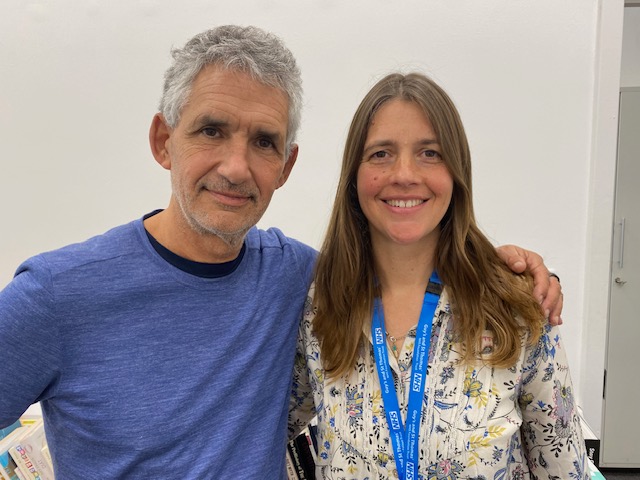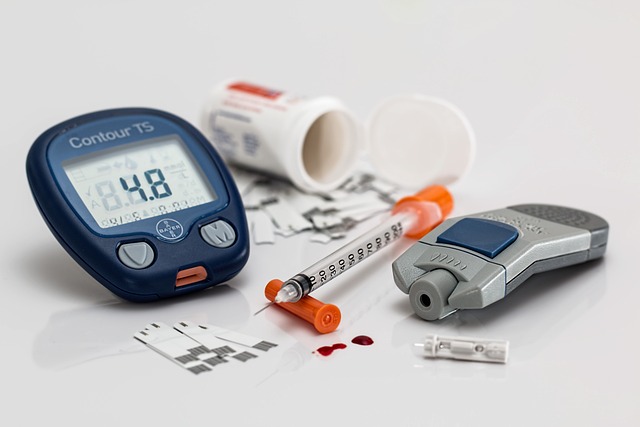29th February 2024 – By Aaruthy Suthahar
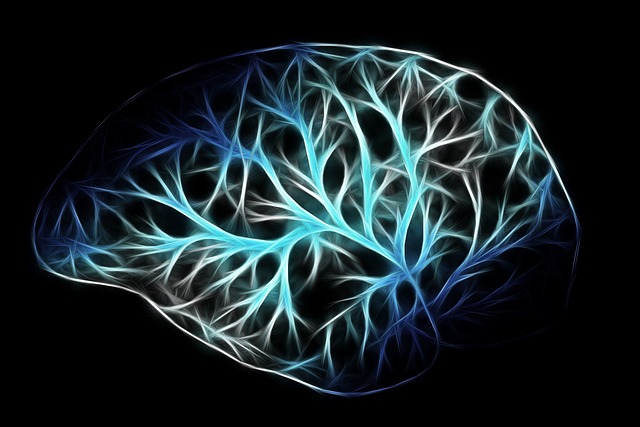
Researcher’s from TwinsUK conducted a study on twins aged 60 and above has shed light on the intriguing connection between gut health and cognitive function.
As populations age globally, the prevalence of age-related conditions such as muscle loss and cognitive decline is on the rise. Recognising the importance of addressing these issues, researchers at TwinsUK investigated how targeting the gut microbiota, the diverse community of microorganisms residing in our intestines, using a cheap, commercially available prebiotic supplement, could impact both muscle health and cognitive abilities as we age.
In a meticulously designed trial involving 36 twin pairs (72 individuals), participants were randomly assigned to receive either a placebo or a prebiotic supplement daily for 12 weeks. Alongside this, all participants engaged in resistance exercises and received a protein supplement, aimed at improving muscle function.
Using innovative remote methods including video visits, online questionnaires, and cognitive testing, researchers tracked the participants’ progress throughout the trial. Notably, the prebiotic supplement led to significant changes in the participants’ gut microbiome composition, particularly an increase in the numbers of beneficial bacteria such as Bifidobacterium.
The study found no significant difference in muscle strength between the group receiving the prebiotic and those taking the placebo. However, participants who received the prebiotic demonstrated improved cognitive function compared to those getting placebo. This finding demonstrates a link between gut microbiome health and brain function in older adults.
First author Dr. Mary Ni Lochlainn said:
“Our results demonstrate that inexpensive and easily accessible interventions targeting the gut microbiome can improve cognition in older adults, halving the number of errors on a memory test. This holds huge promise for enhancing brain health and memory in our ageing population.”
Senior author Professor Claire Steves, Professor of Ageing and Health said:
“The importance of this research is that these plant fibres are cheap and already over-the counter and therefore could benefit a wider group of people in these cash-strapped times. They are safe and generally well-tolerated. Our next task is to see whether these effects are sustained over longer periods and in larger groups of people.”
The study’s remote design proved successful, demonstrating the feasibility of conducting trials in older adults without the need for extensive travel or hospital visits. Challenges such as digital literacy and access to the necessary technology were acknowledged and will be addressed in future research.
While the study focused on older adults, its implications extend to broader research aimed at understanding the intricate relationship between gut health, physical function, and cognitive abilities across different age groups. As the population continues to age globally, unlocking the secrets of the gut-brain axis could offer novel strategies for promoting healthy ageing and combating age-related cognitive decline.
The findings of this study pave the way for larger-scale trials investigating the potential of gut microbiome interventions to improve muscle health and cognitive function in older adults. Could the gut microbiome represent a key target for a whole range of age-related declines, helping to keep older people independent? By addressing these critical health challenges, researchers aim to enhance the quality of life for ageing populations worldwide.
This study was supported by King’s Centre for Ageing Resilience in a Changing Environment (CARICE) and by grants from the National Institute of Health Research and Wellcome Trust.




